توضیحات
Citric acid is a weak organic acid that is commonly used in food and pharmaceutical industries.
Features and Advantages:
• Safe acid with sour taste
• Decomposable in the laboratory, Preservative agent
• pH controller
• Chelating agent
Applications:
• As a preservative in the sausages production.
• In order to increase the quality and Maintenance timeof flour and bread.
• Adding a sour taste in products such as olives and pickles
• In food industry products such as desserts, gels, cakes, pastries, biscuits, candy, chocolate, canned food, soft drinks, essential oils, jams, marmalades, artificial gums, and ice cream.
• As an antioxidant and preservative in frozen fish and seafood.
• As a pH controller, and salt complex establisher between citrates and trace metals in cosmetics, detergents, and pharmaceuticals.
• In the production of calcium supplements due to the chelating properties of citric acid, resulting in better digestion and absorption of minerals, especially calcium supplements.
• Production of anticoagulants such as trisodium citrate (this acid prevents blood coagulation by forming calcium ion complex which is used for patients with severe bleeding).
• Iron deficiency treatment
• Favorable taste to medicines and effervescent pills
• Good quality natural acid in cleaners.
• Cleaning the fibers surface, improving the color of textiles and fibers
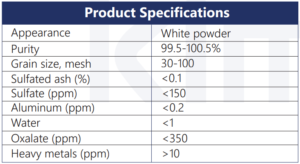



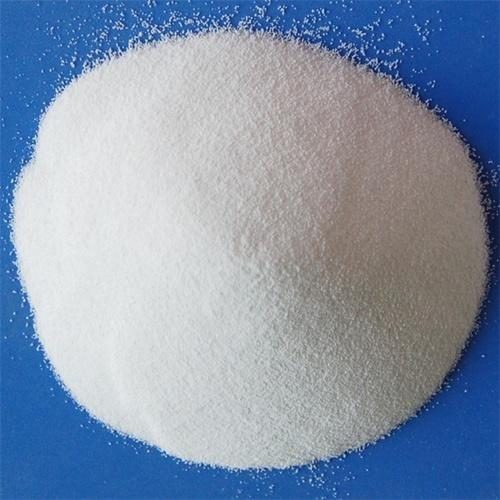
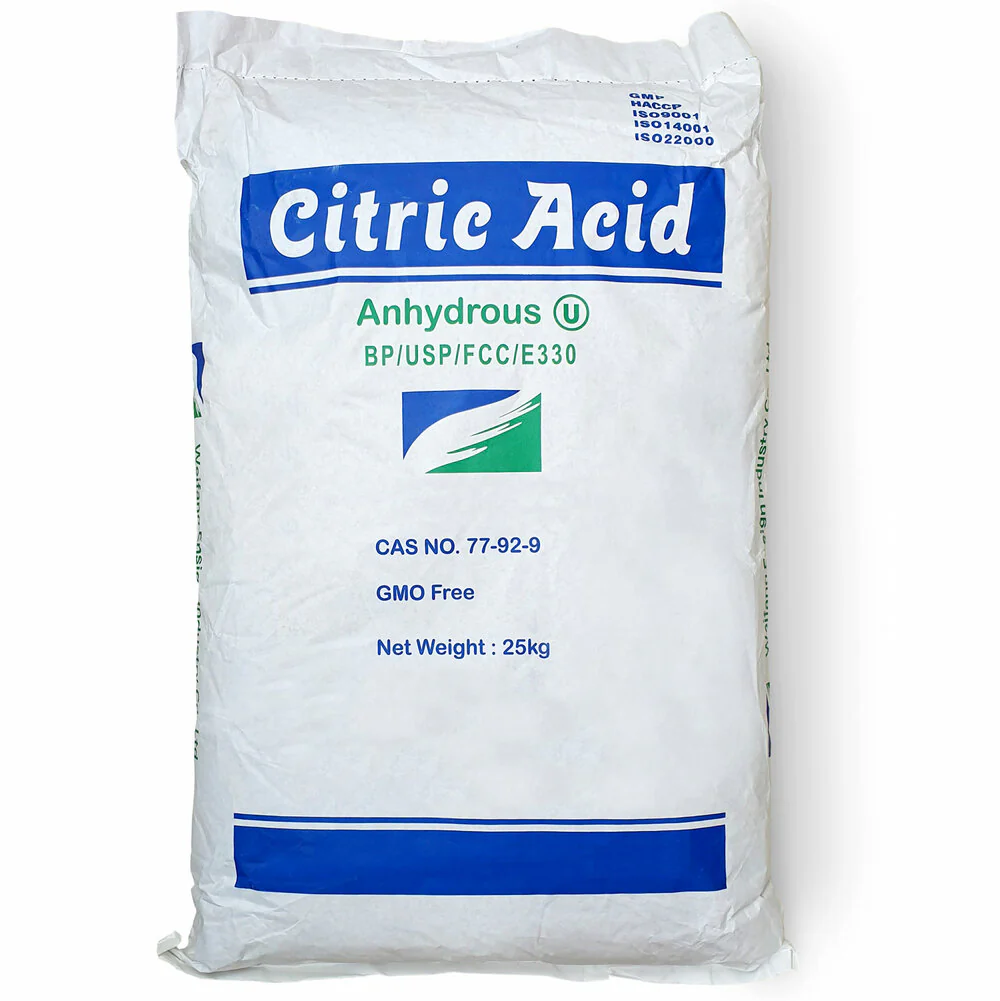
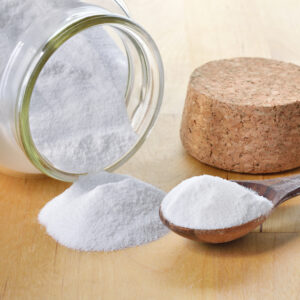
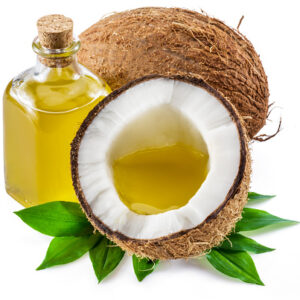
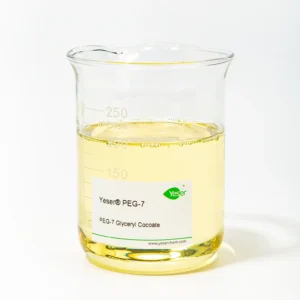
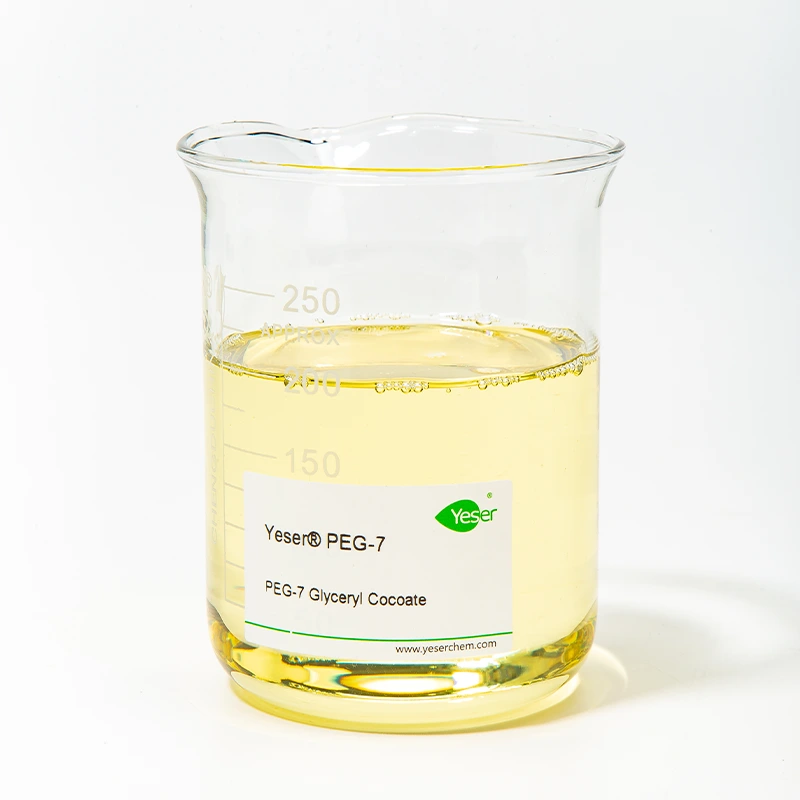
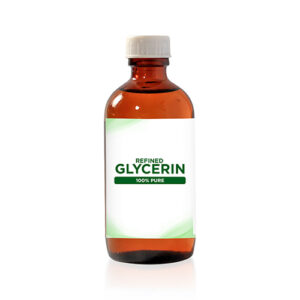
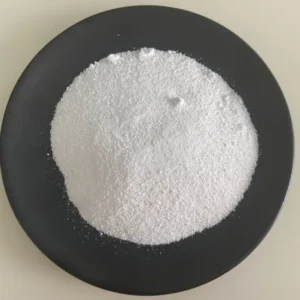
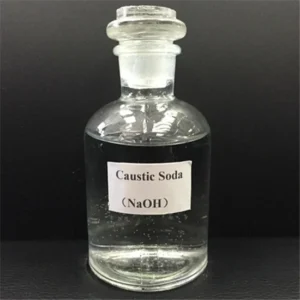
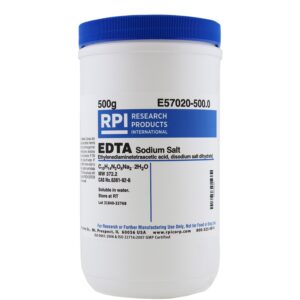
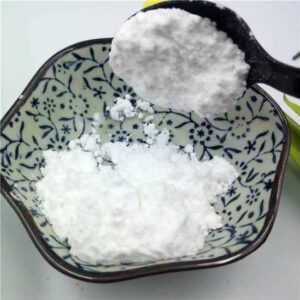
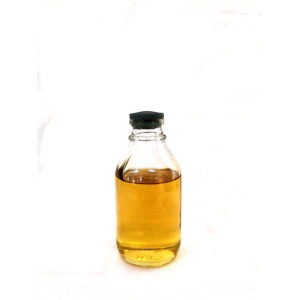 Fatty Alcohol Ethoxylate (9EO)
Fatty Alcohol Ethoxylate (9EO) 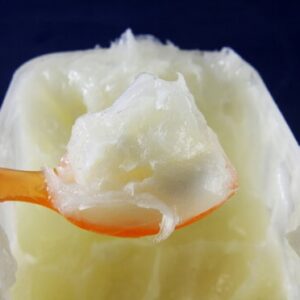 Petroleum Jelly White
Petroleum Jelly White
نقد و بررسیها
هنوز بررسیای ثبت نشده است.